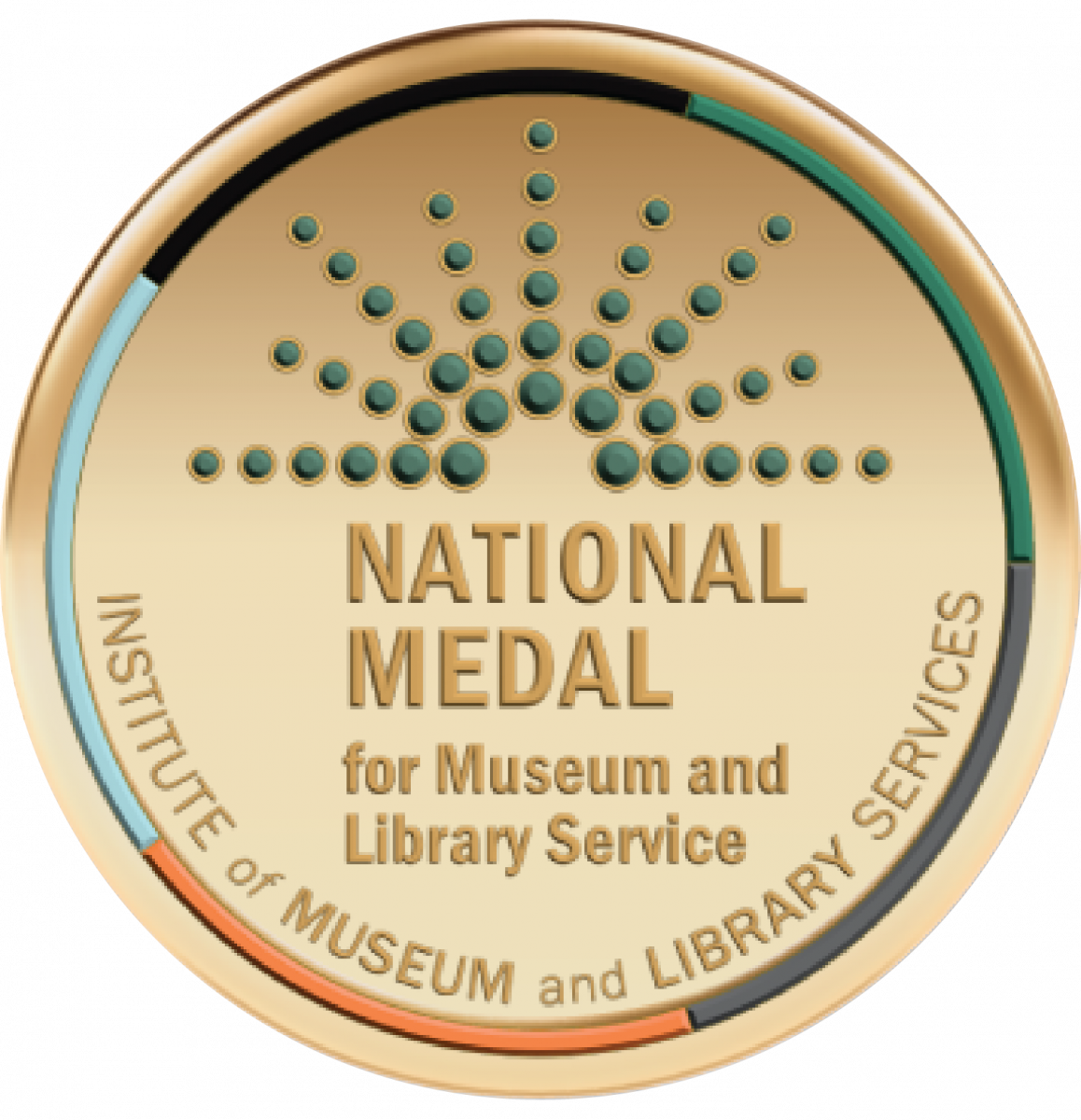
Join us for a three-part documentary series in March.
Future of Work is a three-part broadcast series exploring monumental changes in the workplace and the long-term impact on workers, employers, educators and communities. East Brunswick Public Library is teaming up with PBS to provide free screenings of this documentary this winter.
The first screenings were held in January. The series will be shown again in March during Maker Week.
Register here to to attend any or all of the three episodes. The documentary is being shown on Zoom only.
Part I: The New Industrial Revolution
Monday, March 28 7pm
Part II: Futureproof
Tuesday, March 29 7pm
Part III: Changing Work, Changing Workers
Thursday, March 31 7pm
An online list of resources is here:
https://padlet.com/ebpl/drmmun3z29oncem6
About the Future of Work
The COVID-19 pandemic accelerated the shift of already existing trends in e-commerce, automation and remote work. Our workplaces, how our children are taught and how we buy have changed to rely more on technology than ever before.
Future of Work is a three-part broadcast series exploring monumental changes in the workplace and the long-term impact on workers, employers, educators, and communities. Long-standing debates about the value of post-secondary schooling and training programs are creating more uncertainty about how to prepare for the jobs of tomorrow. Companies are rethinking the need to even have offices, or how to redesign places of work. Certain robotic and AI applications are accelerating as the value of human workers is further questioned.
The documentary will try to answer questions about workers' social nets and labor unions' transformation. It will explore the different emerging trends in job growth and post-secondary education models. And highlight the ongoing drivers for disruptions to the world of work – AI, robotics, platform technology, globalization, labor practices.
All of these questions are explored by Future of Work through its three-part broadcast series. Collaborations with national organizations dedicated to workforce issues and with public television stations nationwide will offer ways for audiences to connect with the stories of Americans experiencing these new realities and share their own views, hopes and concerns.

